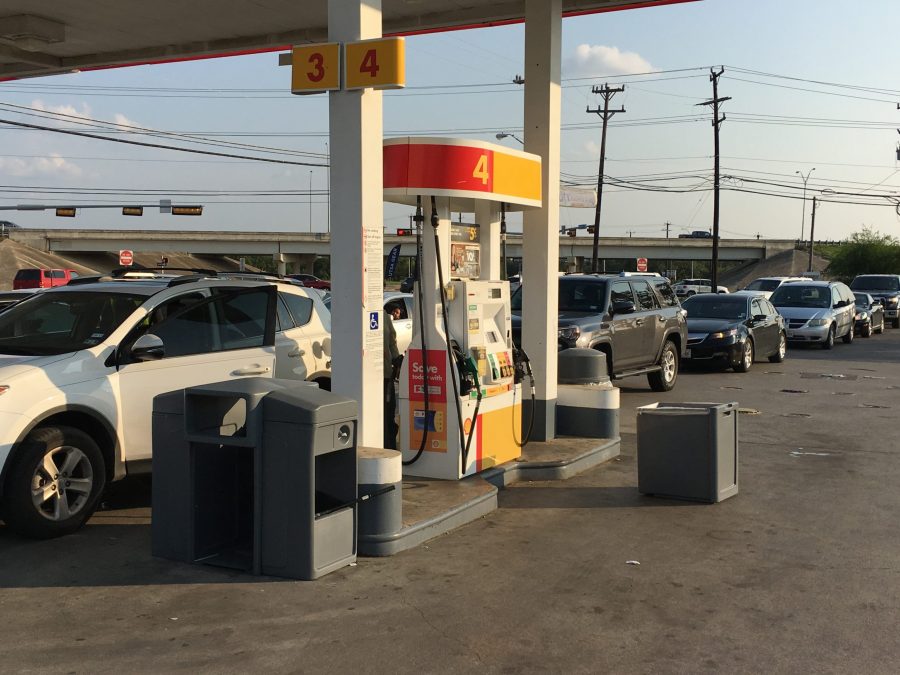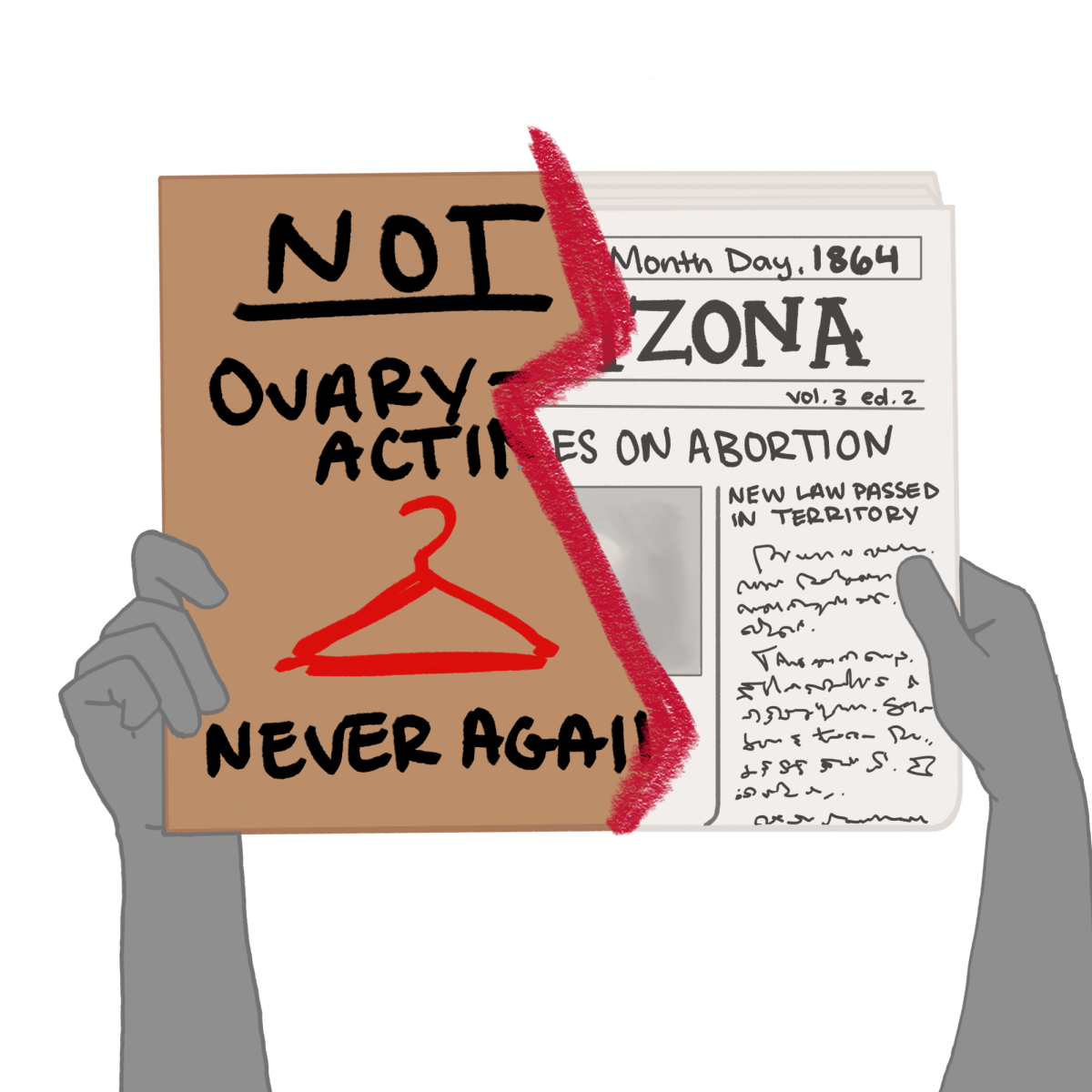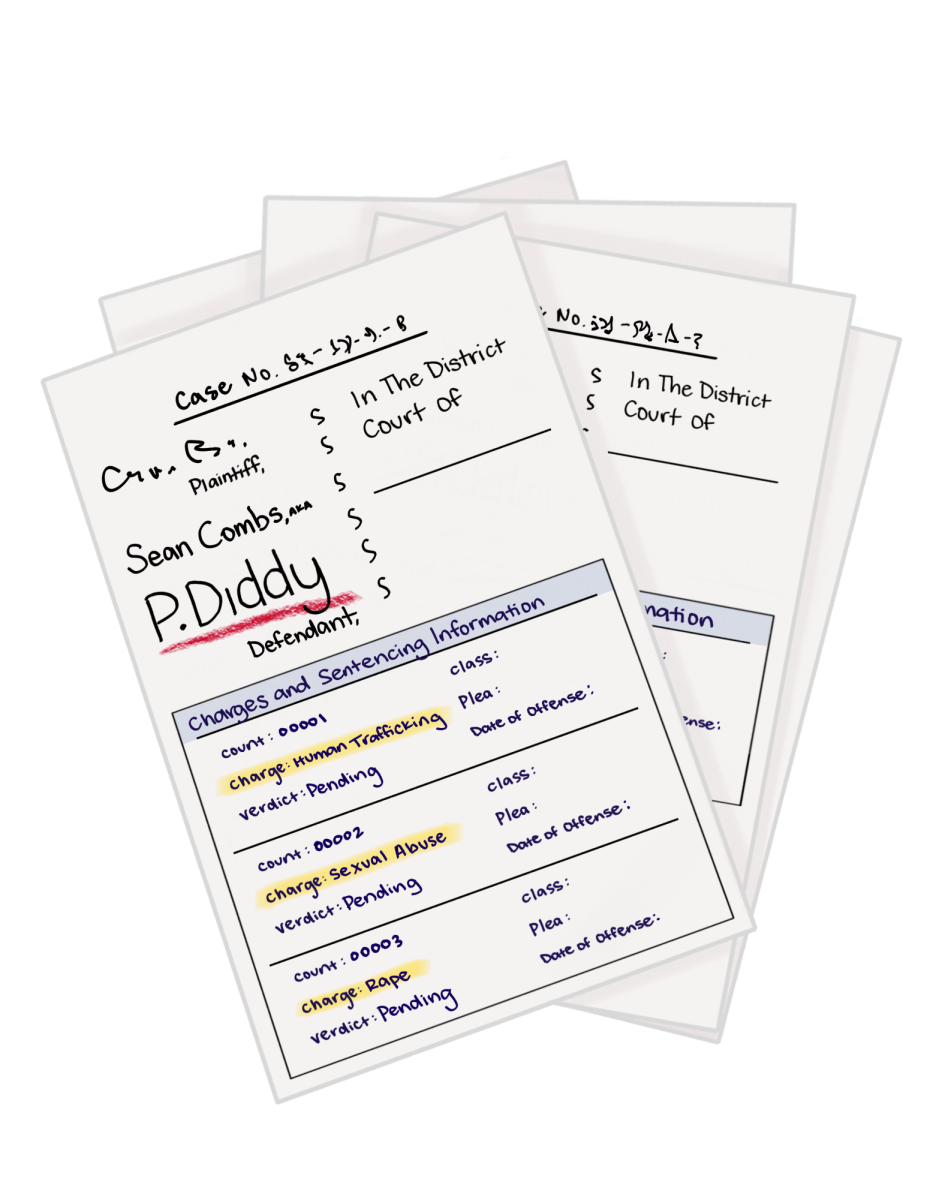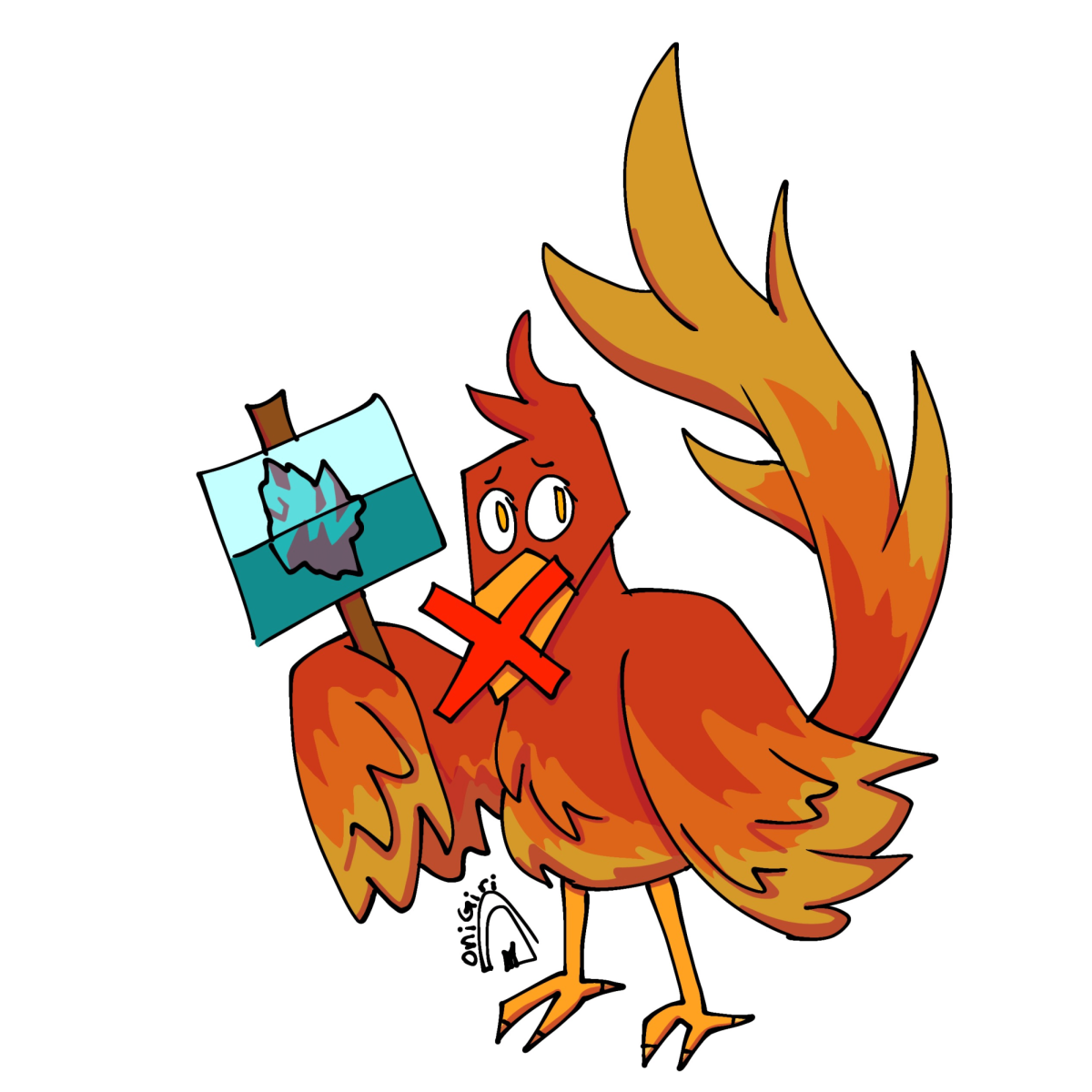Disaster can drive the lives of the general public into a wall, and for many here at UTSA, that was their fate—a car in park, an empty fuel tank and no means of moving forward.
Perhaps Hurricane Harvey was instrumental in San Antonio’s woes but the root cause was something else.
Rumors promulgated by social media and the local news fueled public panic.
The disinformation was born from truth: refineries along the Gulf Coast shut down during Hurricane Harvey. The result was an estimated 3 million barrels of fuel offline.
Perhaps if Texas was its own nation and cutoff from international commerce, we’d be in trouble, but the U.S. has a storage of 230 million barrels of fuel.
Texas Railroad Commissioner Ryan Sitton urged people to stop panic buying.
“We have gas in TX, just have to get it to pumps,” he said in a tweet.
Despite the call for calm, the public responded out of fear. That fear infected the city.
Panic purchases at the pump drained gas stations and long lines clogged streets and commercial entries. As the line grew, more opted to “play it safe” and fill their tank. San Antonio Mayor Ron Nirenberg described the resulting problem.
“Demand has not decreased, with our city consuming more fuel than average largely due to panic and hoarding,” he said.
During times of disaster the media must ascribe to a heightened responsibility. They must disseminate the truth and distinguish it from hype—regardless of how it affects the ratings. News outlets who fail to measure up deserve criticism.
Hysterical headlines fuel hysteria: “Roughly 72 percent of San Antonio gas stations out of fuel as panic continues,” “San Antonio gas stations out of fuel climbs to 270” subscribers to mySA.com’s Hurricane Harvey text alerts received updates of growing lines “as San Antonio gas stations run low after Harvey.”
Surely, online traffic on these local news sites were at this month’s high, but at what cost? When social responsibility is set aside for gain, those most vulnerable are harmed.
When the public seeks answers the news must educate and empower the community’s first step forward—not send them spiraling into hysteria.












